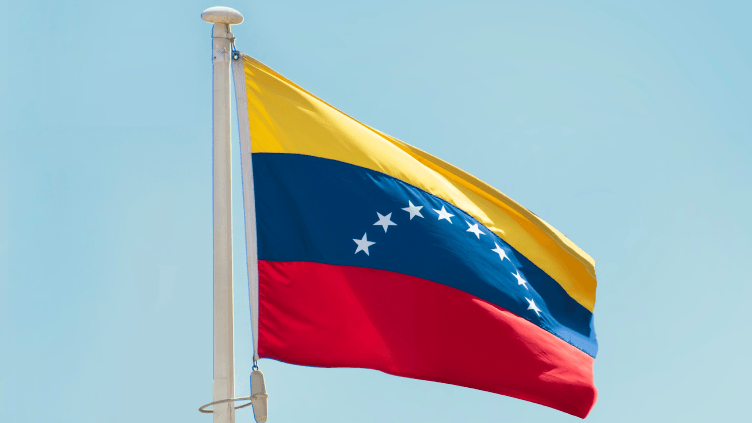Venezuela Terminates Petro Cryptocurrency After 5 Years

Venezuela has officially pulled the plug on its Petro cryptocurrency, ending a five-year experiment that was marred by controversy and corruption. The Petro was launched in 2018 by President Nicolas Maduro as a means to bolster the nation's currency, the bolívar, amid a severe economic crisis. Backed by Venezuela's oil reserves, the token was met with skepticism and opposition from the start.
Critics, including the country's opposition-controlled congress, deemed the Petro illegal and accused the government of exploiting the nation's oil wealth. In 2019, the United States sanctioned a Russian bank for its involvement in financing the Petro.
Despite these challenges, the Venezuelan government attempted to promote the Petro by linking it to various services, such as passport issuance and social housing initiatives. The minimum wage was also partially pegged to the Petro.
However, the Petro failed to gain widespread adoption and remained largely confined to the Patria Platform, the only website where it could be traded.
The final nail in the Petro's coffin came in the form of a corruption scandal involving financial irregularities in the use of crypto assets for oil operations. This led to the resignation of the petroleum minister and a crackdown on Bitcoin mining operations. As a result, the Venezuelan government has decided to terminate the Petro and convert any remaining tokens to bolivars, the country's struggling local currency.
Let us know what you loved about this article, what could be improved, or share any other feedback by filling out this short form.
